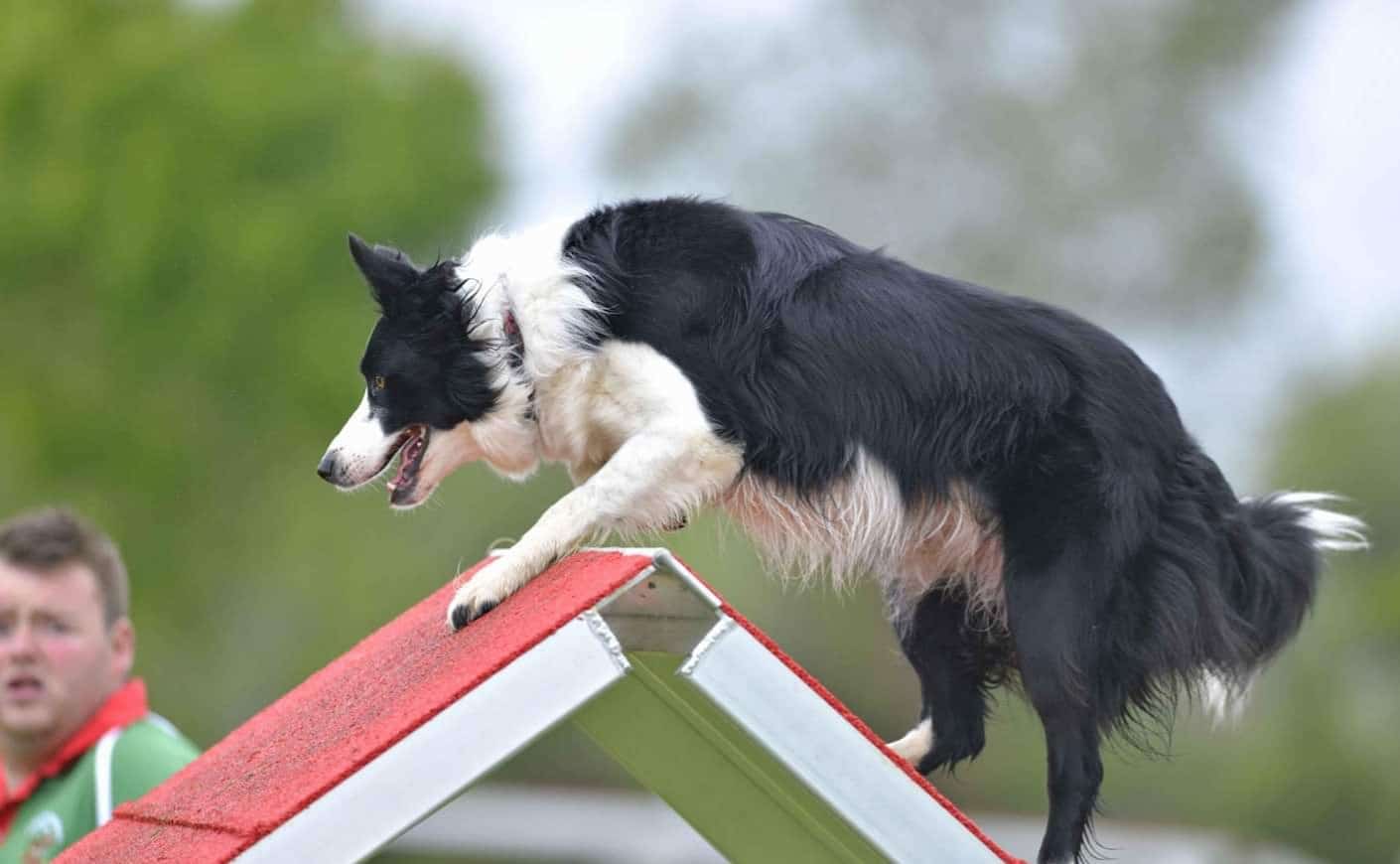The Ultimate Overview to Pet Training: Change Your Pet's Habits
Effective pet dog training is vital for cultivating a harmonious partnership in between animals and their proprietors. The complexities of canine actions and the implementation of structured training strategies play an important duty in this procedure. By comprehending the concepts of favorable reinforcement, consistency, and socialization, pet dog owners can navigate typical obstacles that arise during training. This guide not just intends to outfit you with the necessary tools to transform your pet dog's actions but also invites you to check out exactly how these fundamental principles can lead to a deeper connection with your animal. What may be the very first step in this transformative journey?
Recognizing Pet Actions
Understanding dog behavior is important for reliable training and a harmonious relationship between dogs and their proprietors. A pet's actions is influenced by a combination of genes, atmosphere, and experiences. Dog training. Recognizing these elements enables proprietors to tailor their training approaches to fulfill the individual demands of their family pets
Pets interact primarily via body movement, vocalizations, and facial expressions. For instance, a wagging tail can suggest exhilaration or joy, while a put tail might signify fear or entry. Observing these cues allows proprietors to respond appropriately, enhancing positive behaviors and dealing with unfavorable ones efficiently.
Additionally, recognizing the social framework of pets can provide understandings right into their behavior. Pets are pack animals, and they prosper in a structured setting. Establishing regular regulations and clear boundaries can protect against complication and promote a complacency.
Additionally, recognizing the natural reactions of pet dogs, such as need to chase after or dig, is vital. These reactions can be rerouted through ideal electrical outlets, such as play or exercise. By adequately understanding these behavior facets, proprietors can cultivate a positive training experience, eventually causing a obedient and well-adjusted canine friend.
Necessary Training Techniques
Effective dog training counts on a selection of vital techniques that can significantly boost the learning procedure for both the owner and the pet dog. One fundamental method is favorable support, which involves satisfying preferable habits with treats, appreciation, or play. This approach motivates pets to duplicate the habits that bring about favorable end results, promoting a trusting connection in between the pet and proprietor.
One more key technique is consistency in commands and expectations. Utilizing the exact same verbal cues and hand signals aids the dog understand what is required, lowering complication and promoting quicker knowing. In addition, establishing clear limits and regulations is essential for reliable communication.
Socialization is likewise an essential element of training. Subjecting pet dogs to various atmospheres, people, and various other pets helps them establish appropriate social skills and decreases anxiousness in unknown scenarios.
Last but not least, persistence and timing are vital. Training sessions should be frequent yet brief, making certain that the pet dog stays involved and responsive. By employing these important techniques, proprietors can produce a structured and favorable training experience that promotes etiquette and strengthens the bond with their canine friends.
Producing a Training Set Up
Exactly how can a well-structured training schedule boost a canine's learning experience? A training timetable offers consistency, making certain that pet dogs get regular, concentrated instruction. This predictability helps pets recognize what is anticipated of them, strengthening their discovering and enabling for far better retention of commands and habits.
When producing a training timetable, it is important to consider the pet dog's age, type, and private temperament. Youthful puppies might profit from shorter, extra frequent sessions, while grown-up dogs might thrive with longer, less regular training periods. Incorporating a selection of activities can likewise maintain the sessions engaging, protecting against monotony and promoting excitement for understanding.
In addition, scheduling training sessions at specific times of the day can aid strengthen a routine. For instance, pairing training with day-to-day strolls or playtime can create a favorable organization with learning. It is also critical to consist of time for reinforcement, such as deals with or appreciation, to award preferred habits without delay.
Lastly, flexibility is vital. While consistency is essential, being versatile to the dog's state of mind or power degree can boost their knowing experience. A well-crafted training routine eventually lays the foundation for reliable communication and a stronger bond between the dog and owner.
Typical Training Challenges
Regardless of having a well-structured training routine, description dog proprietors often come across various challenges during the training procedure. One usual concern is inconsistency in signs and commands. When several relative use different terms or tones, a pet might end up being baffled, hindering its capacity to find out effectively.
An additional regular challenge is distraction. Dog training. Canines are naturally interested creatures, and exterior stimulations such as other pets, noises, or individuals can divert their interest during training sessions. This calls for owners to develop a controlled environment or progressively introduce interruptions to strengthen focus
Additionally, varying energy degrees can affect training results. High-energy pet dogs may have a hard time to calm down and concentrate, while much more laid-back breeds may need added inspiration to engage. Tailoring the training approach to fit the individual dog's character is crucial for success.

Building a Strong Bond
A strong bond in between a canine and its owner is important for successful training and overall health. Dog training. This relationship cultivates trust, which is crucial for reliable communication throughout the training process. When a pet really feels protected and linked to its proprietor, it is a lot more likely to respond favorably to commands and cues
To construct this bond, uniformity is essential. Establishing a routine that includes normal feeding, workout, and training sessions assists develop a feeling of stability. Additionally, positive reinforcement techniques, such as treats, praise, and play, strengthen wanted behaviors while strengthening the emotional connection.
Socializing is an additional essential facet of bond-building. Exposing your canine to various settings, see this site individuals, and various other pets assists them feel much more confident and comfy, improving the bond with their owner. Taking part in activities together, such as strolling, playing fetch, or participating in obedience training, advertises synergy and shared enjoyment.
Conclusion

Understanding pet dog behavior is necessary for effective training and an unified partnership between pet dogs and their owners.Efficient pet training relies on a selection of important strategies that can considerably boost the learning process for both the proprietor and the pet.In spite of having a well-structured training schedule, pet dog proprietors typically experience numerous challenges throughout the training procedure.In conclusion, reliable canine training counts on a thorough understanding of canine habits, the application of essential methods, and the facility of an organized training schedule. By highlighting positive reinforcement and uniformity, dog proprietors can substantially enhance their pet dogs' behavior, inevitably guaranteeing an unified relationship and promoting the well-being official statement of both the dog and its environment.